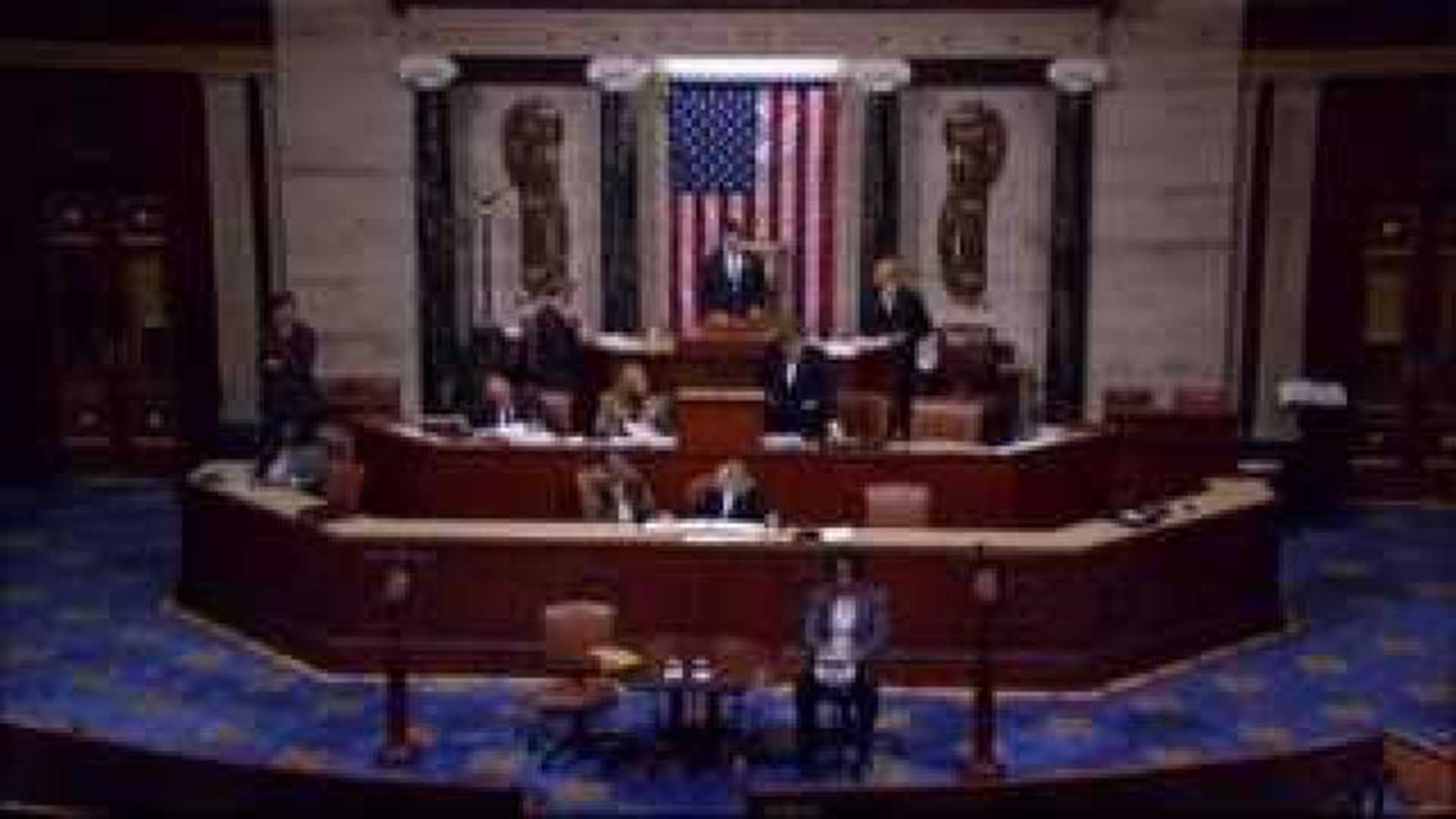The bill that saves the U.S. from the so-called "fiscal cliff" is now on the President's desk waiting to be signed, but not everyone is happy with the end result.
The compromise triggered the expiration of a two-year payroll tax cut, which means millions of American workers will see less on their paychecks.
"They'll have less money to spend than they've had the last two years," said U.S. Senator Charles Grassley, (R) Iowa, during a satellite press conference on Wednesday, January 2nd, 2013.
Both Senator Grassley and U.S. Senator Tom Harkin, (D) Iowa, voted "no" on the bill, which still passed, but without extending the payroll tax cut. That means with the average household income in the Quad Cities being $48,956, the average worker in our area will see $81.59 less in their paycheck every month.
The payroll tax cut was meant to stimulate spending back in 2011, but Senator Grassley says it didn't really work.
"There's maybe a feeling it wasn't being spent on stimulating the economy through consumer spending and instead on people paying off debt," said Senator Grassley.
But that's where Senator Harkin and other disagree, saying no deal in D.C. would maybe have been better than the one on the President's desk.
"If we are going to have some kind of a deal the deal must be one that really does favor the middle class," said Senator Harkin.

